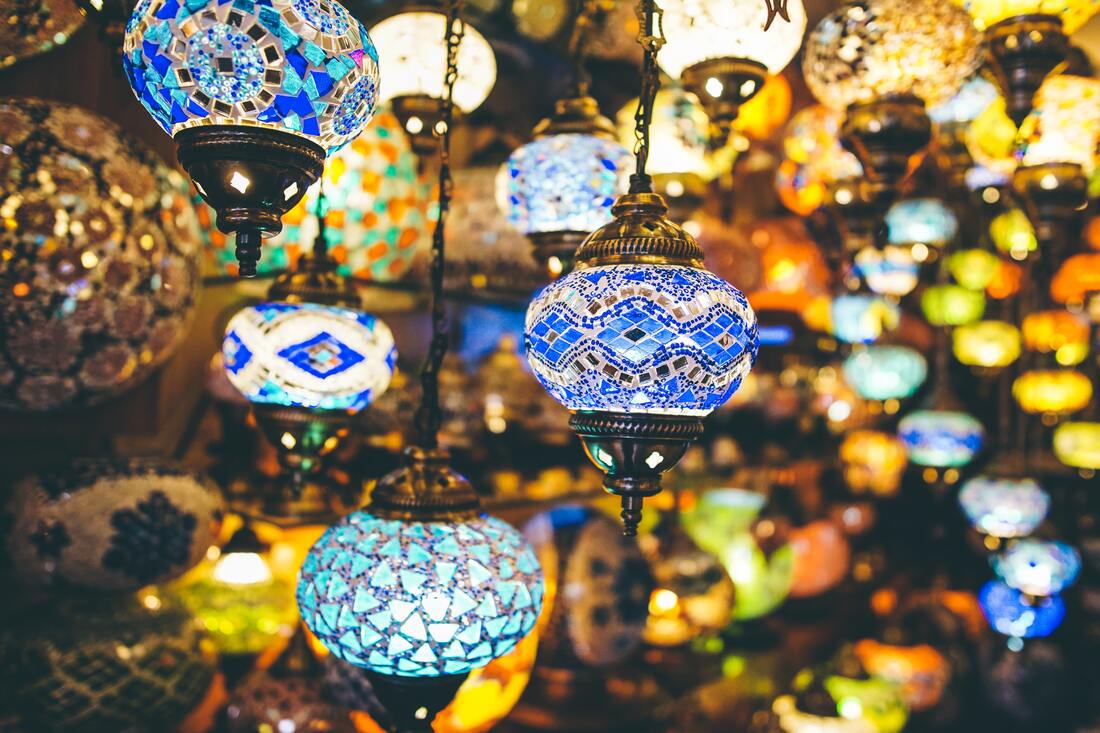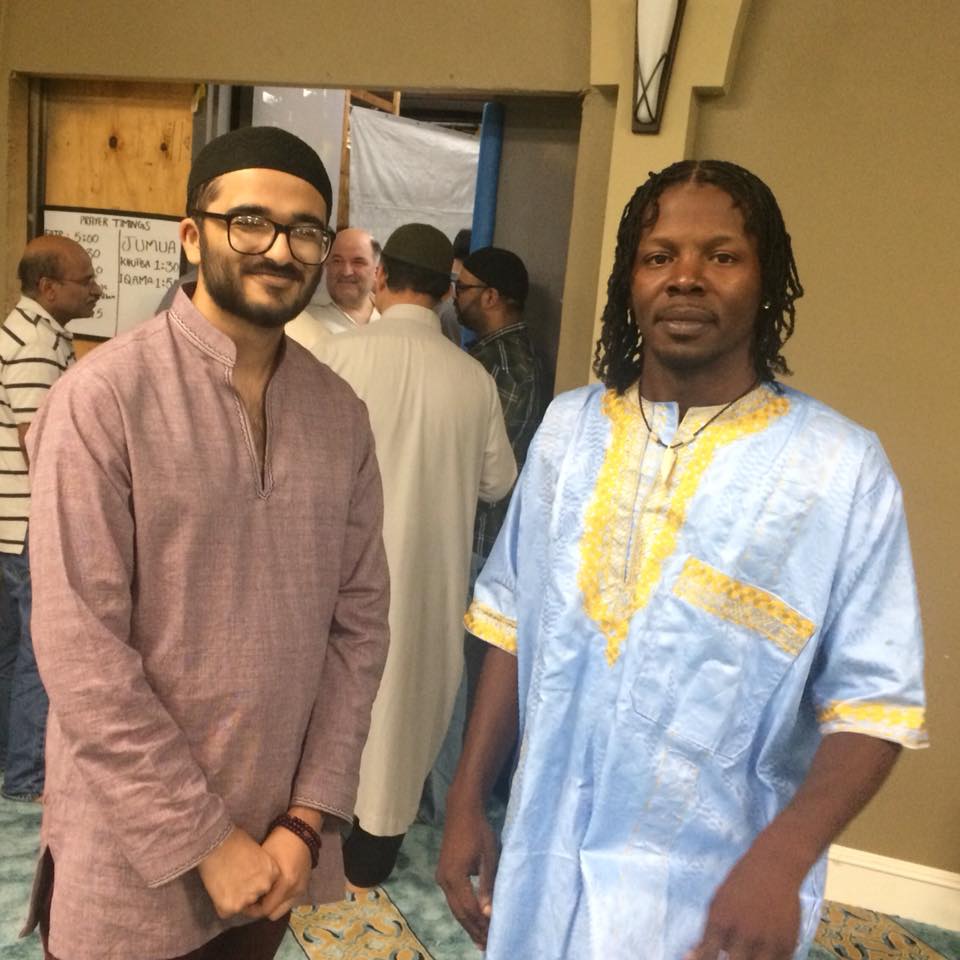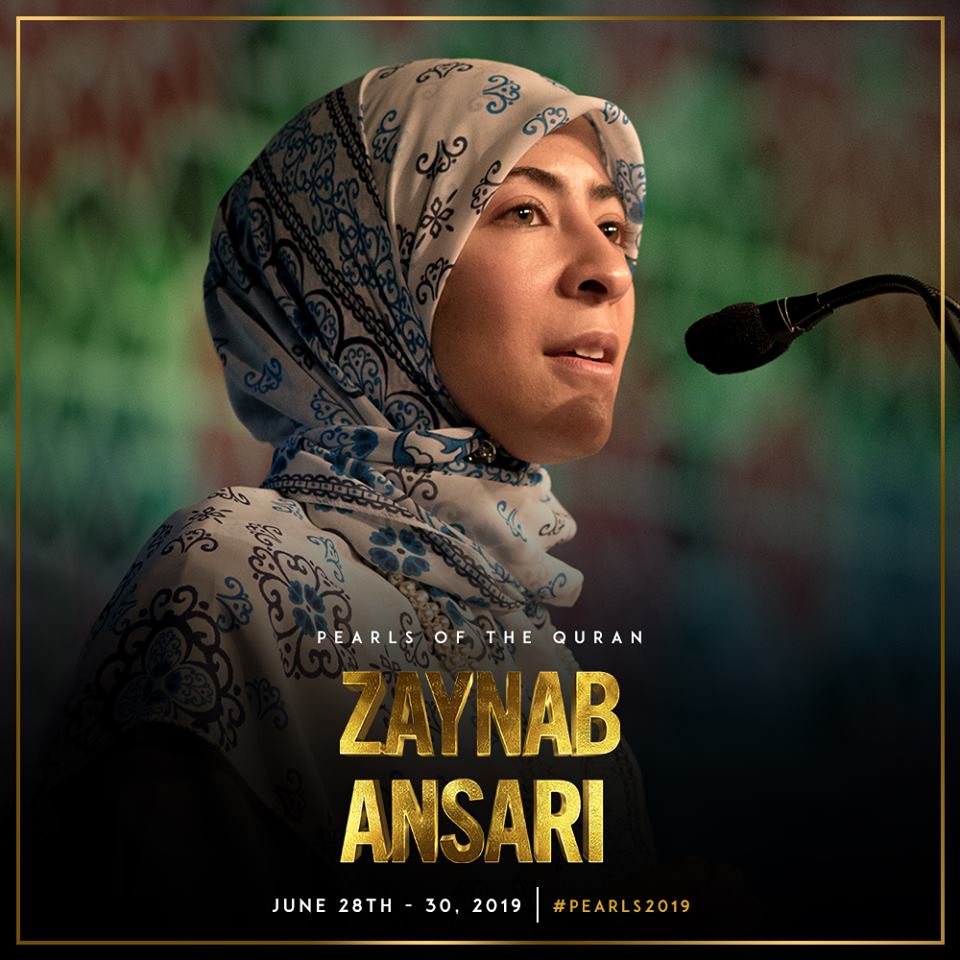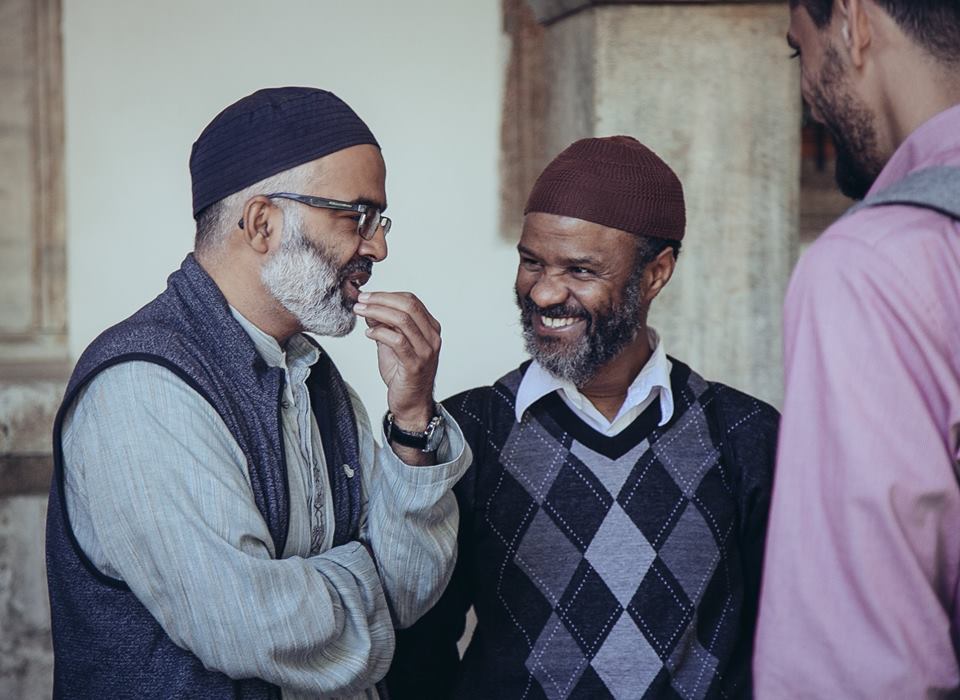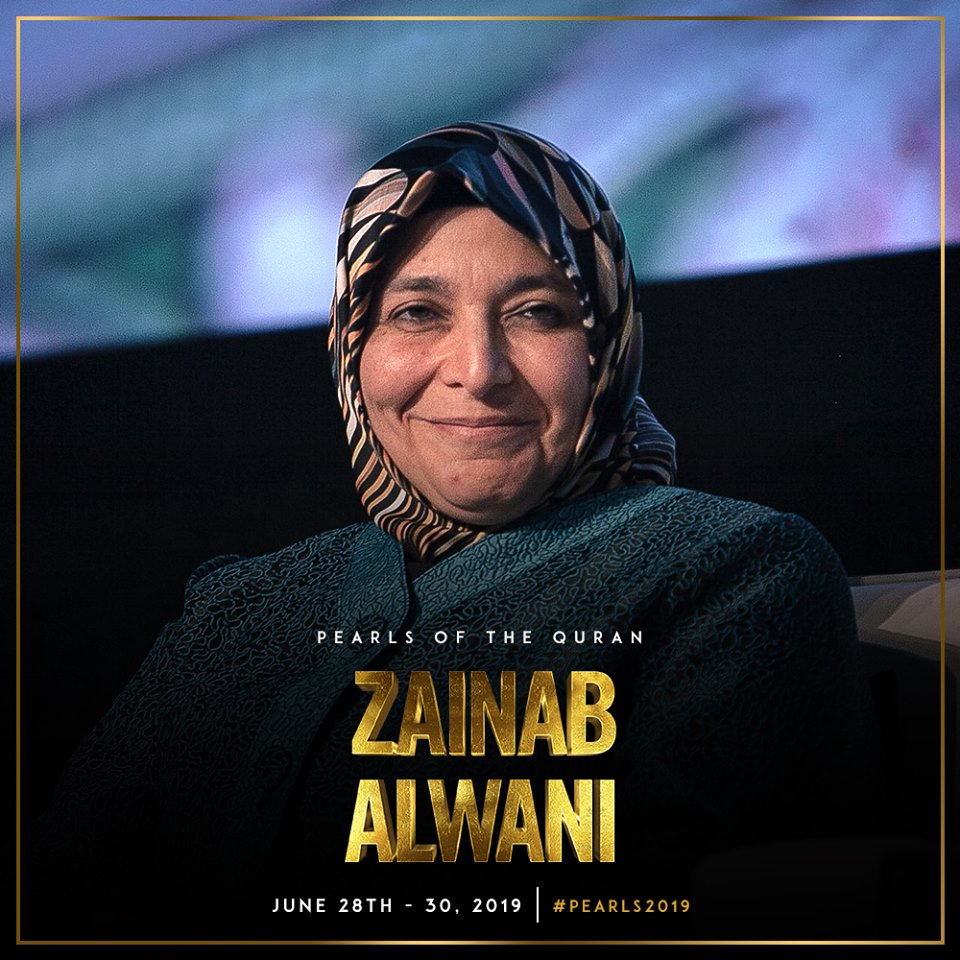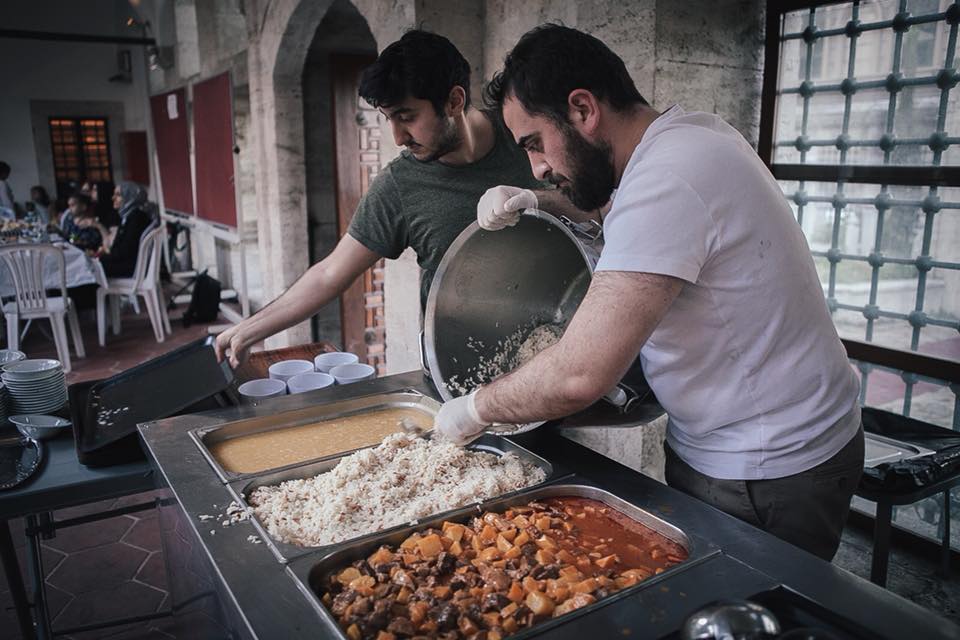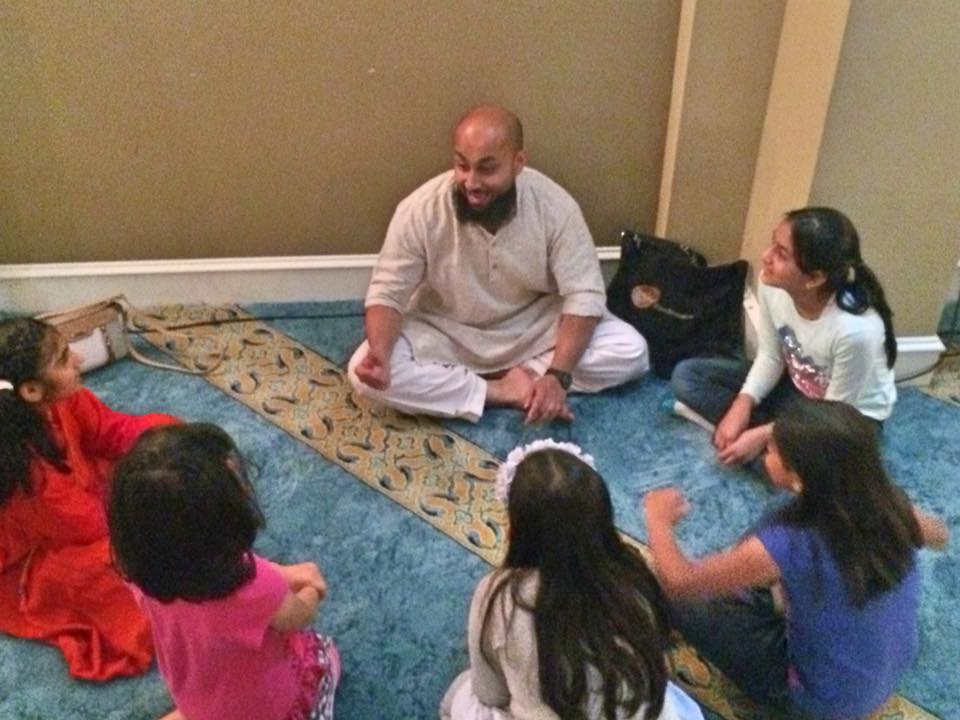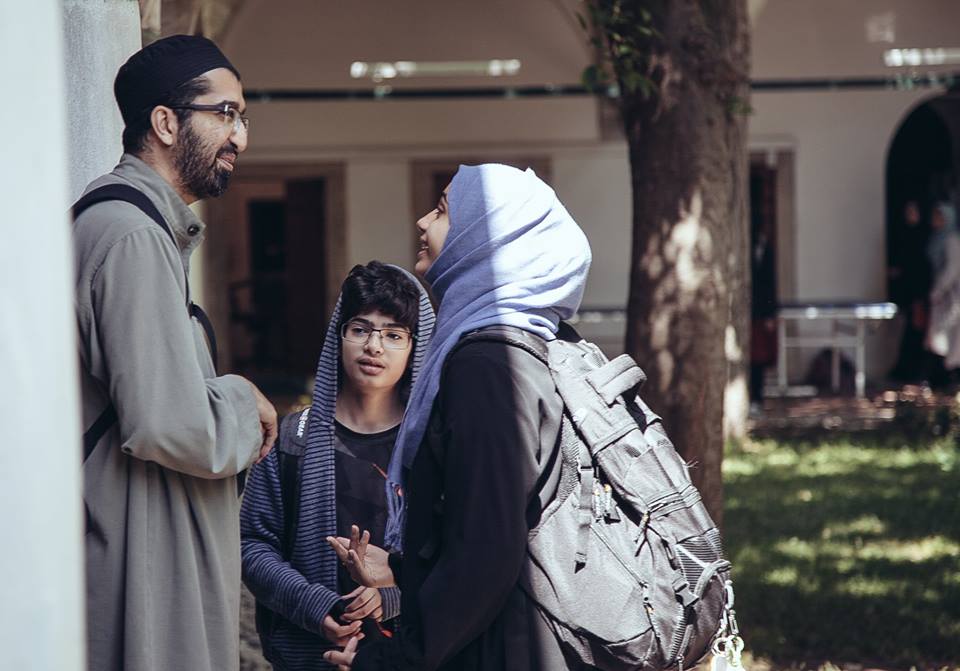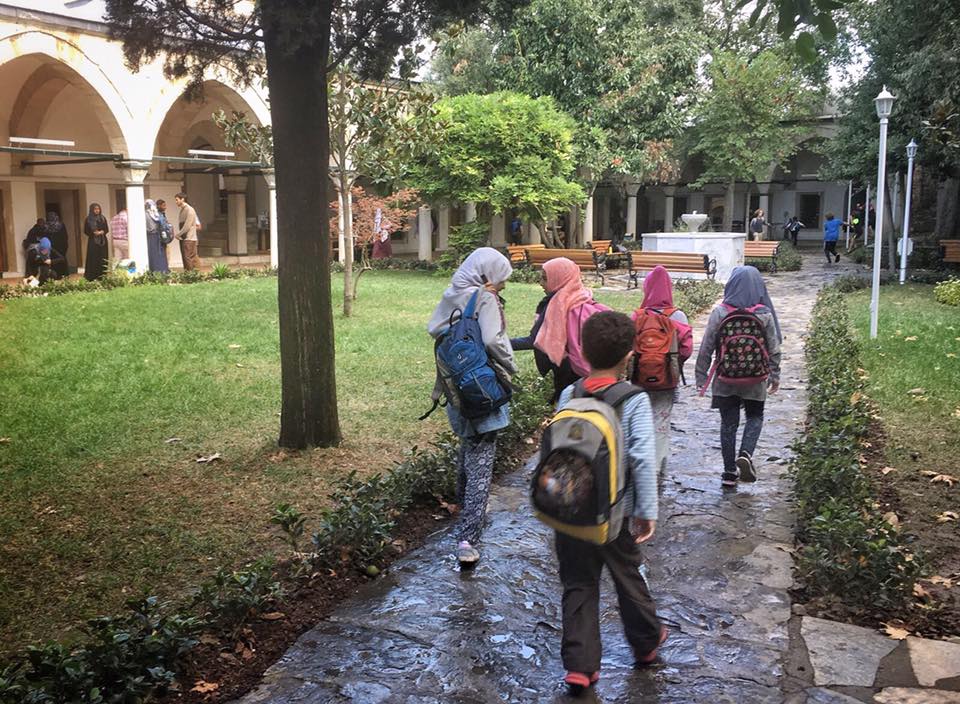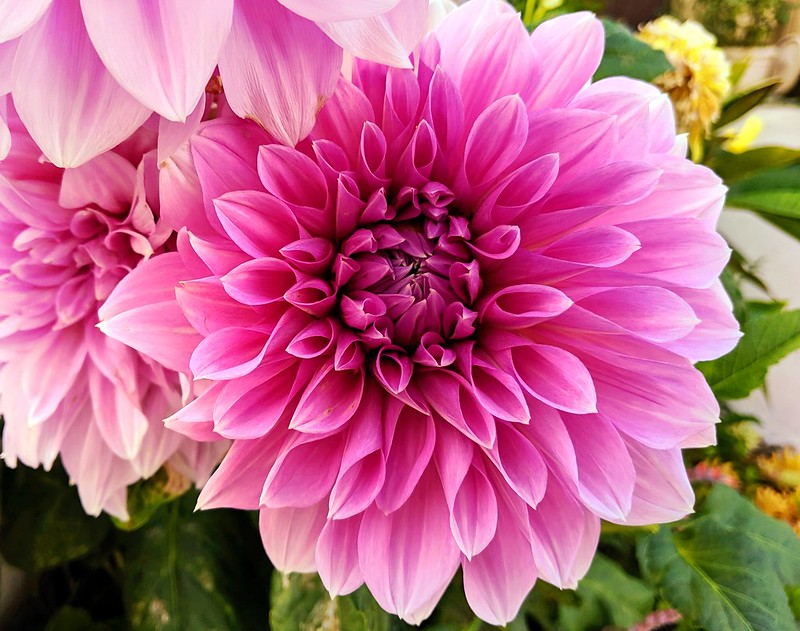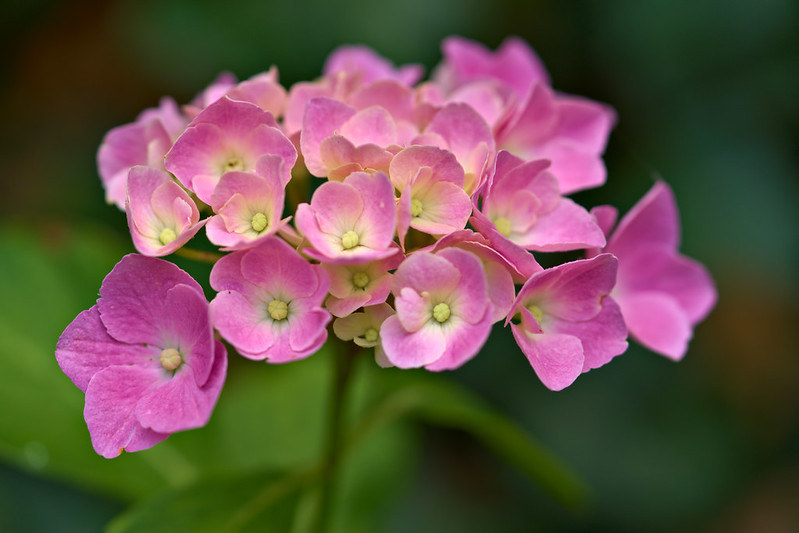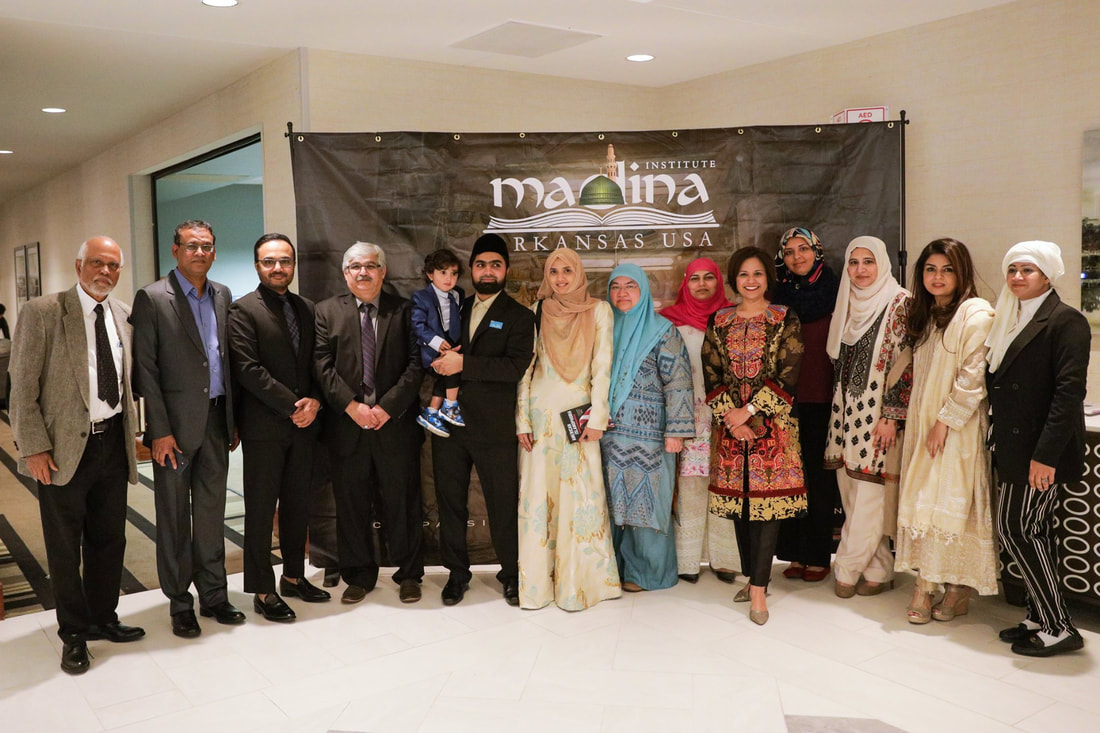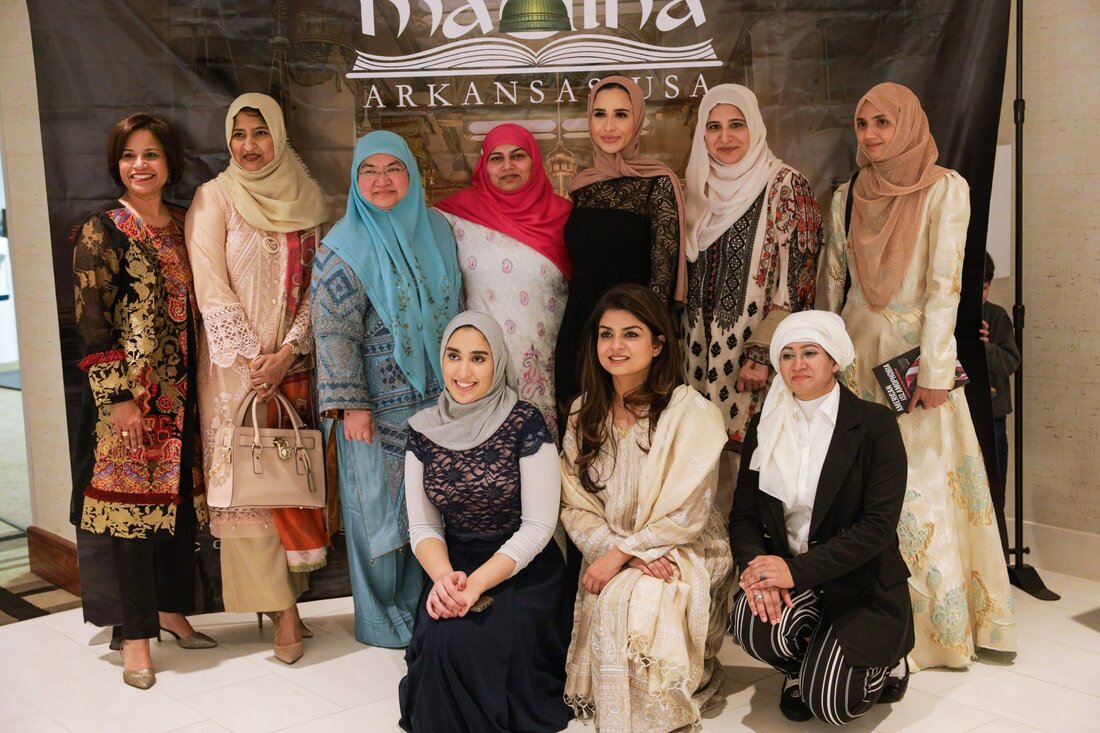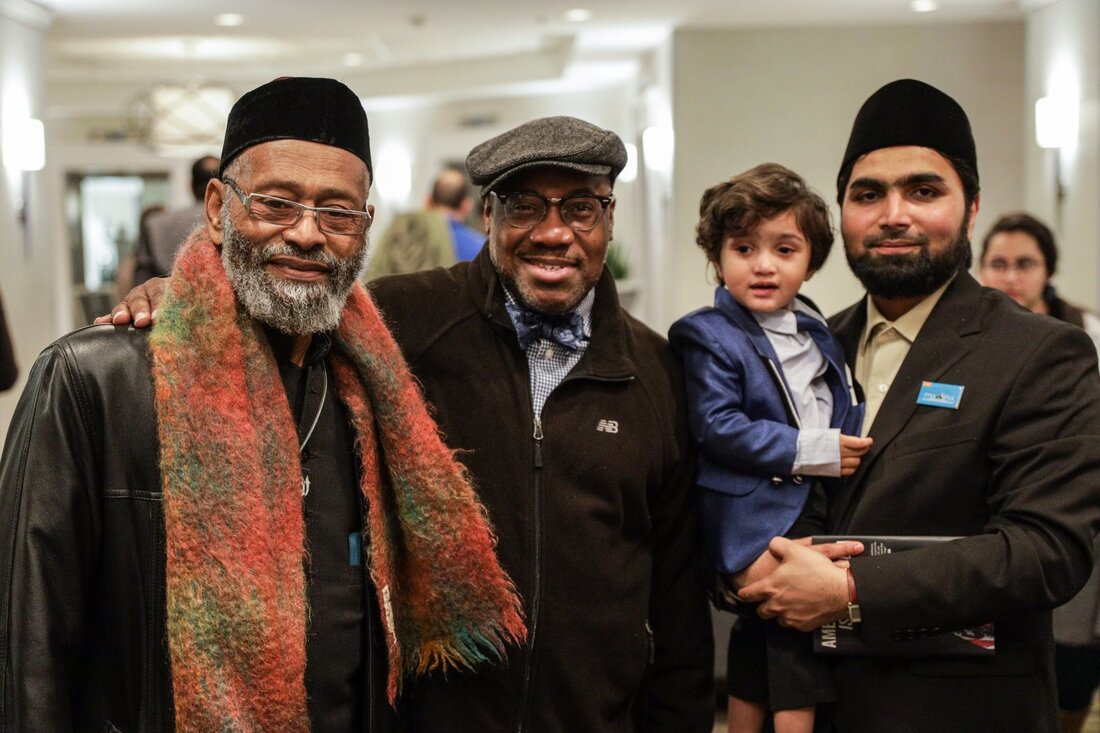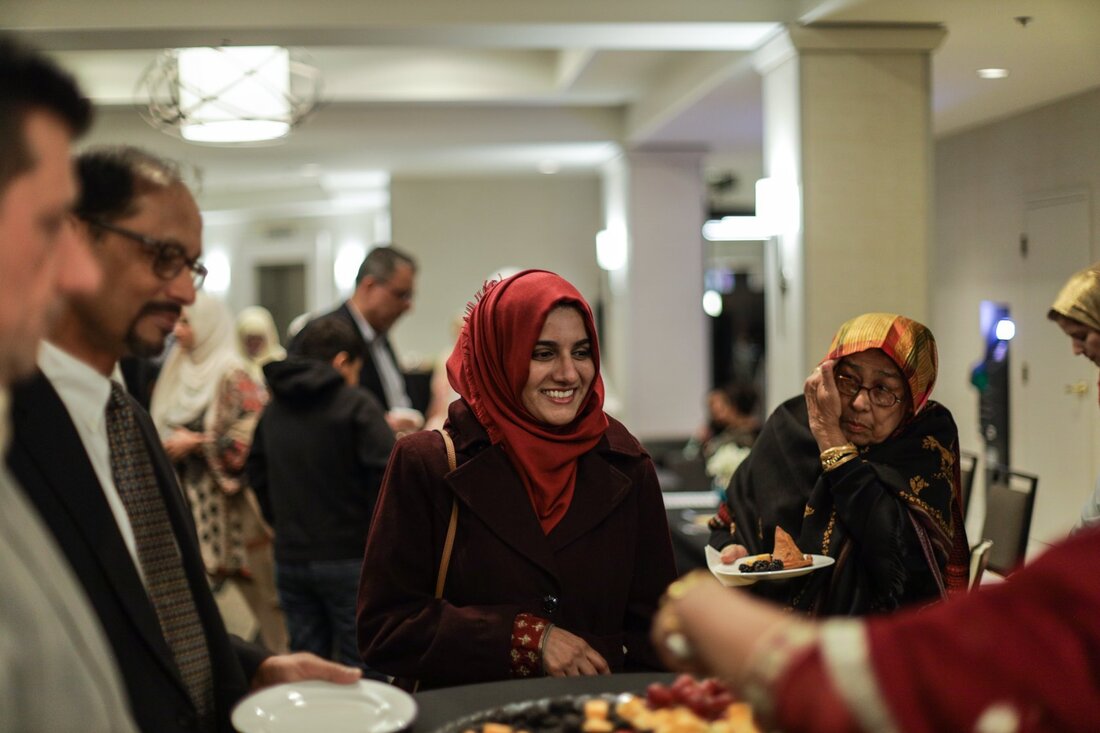Delight in Differences
Eid-al-fatr is four days from now as I write this. That is the final evening of the month-long fast of Ramadan. As it approaches I am glad for my Muslim sisters and brothers. And I think of the many Muslims who have inspired and influenced me in positive ways, deepening my faith. Among them are friends at the Madina Institute of Arkansas. Tonight is their annual fundraiser, and I’ll be offering a word of support.
What inspires me about my Muslim friends is not only that we are similar in many ways, which we are. We share so much at many levels: psychological, social, and spiritual. We share a common humanity. But what inspires me is also that we are different and that the differences make the whole richer. I'm so glad to know, and learn so much from, people who are "not like me." People who come from different cultures, who have different customs, who see life in a unique way, and whose life histories are different from mine. What a burden it would be to think that your life and your way is the whole of truth, goodness and beauty. Who would want thatt?
Delight in differences is a teaching of the Holy Qur’an and also a teaching of Process Theology. For process thinkers the One in whose heart we live and move and have our being delights in, and is enriched by, our religious and cultural differences, which are complementary not contradictory. Just as light shines through many panes in a stained glass window revealing different colors; so light shines through many religions, revealing different forms of wisdom, In coming to know each other in our differences, we are enriched in ways that are impossible if we focus only on our similarities. We live in a world of many colors. All have their place in the larger ecology of life and, so I believe, in God's heart. Let God be One in many ways, but let there be many in the heart of the One.
- Jay McDaniel, 5/8/2021
What inspires me about my Muslim friends is not only that we are similar in many ways, which we are. We share so much at many levels: psychological, social, and spiritual. We share a common humanity. But what inspires me is also that we are different and that the differences make the whole richer. I'm so glad to know, and learn so much from, people who are "not like me." People who come from different cultures, who have different customs, who see life in a unique way, and whose life histories are different from mine. What a burden it would be to think that your life and your way is the whole of truth, goodness and beauty. Who would want thatt?
Delight in differences is a teaching of the Holy Qur’an and also a teaching of Process Theology. For process thinkers the One in whose heart we live and move and have our being delights in, and is enriched by, our religious and cultural differences, which are complementary not contradictory. Just as light shines through many panes in a stained glass window revealing different colors; so light shines through many religions, revealing different forms of wisdom, In coming to know each other in our differences, we are enriched in ways that are impossible if we focus only on our similarities. We live in a world of many colors. All have their place in the larger ecology of life and, so I believe, in God's heart. Let God be One in many ways, but let there be many in the heart of the One.
- Jay McDaniel, 5/8/2021
